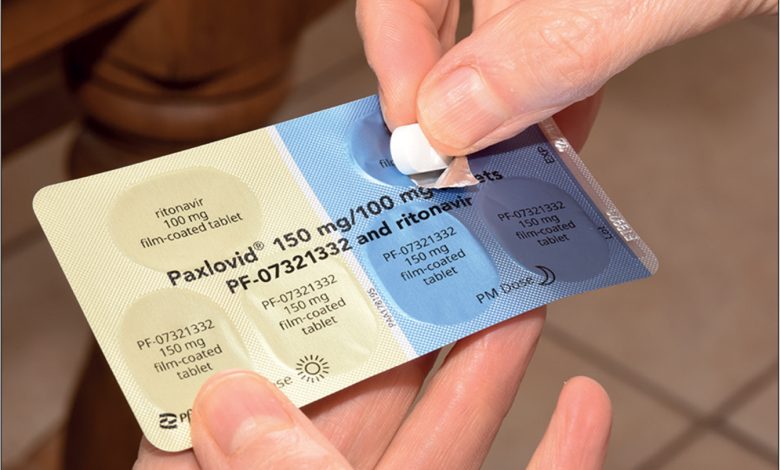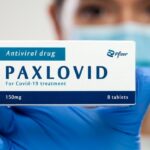Paxlovid Shows Limited Efficacy in Reducing Most Post-COVID Conditions

A recent study has revealed that nirmatrelvir-ritonavir, a drug combination often used in the treatment of COVID-19, does not significantly reduce the incidence of most post-COVID conditions (PCCs). The exception to this trend is the reduction in thromboembolic events.
Study Methodology
The research, which was conducted as a retrospective study, focused on a group of 9,593 veterans aged 65 or older. It sought to examine the impact of nirmatrelvir-ritonavir when compared to a group receiving no treatment concerning PCCs. The study analyzed 31 different post-COVID conditions, categorizing them into areas such as cardiac, pulmonary, renal, thromboembolic, gastrointestinal, neurologic, mental health, musculoskeletal, and endocrine conditions.
The incidence of PCCs was assessed during the period between 31 to 180 days after treatment.
Key Findings
The study results revealed that the combined incidence of venous thromboembolism and pulmonary embolism was indeed reduced among patients who received nirmatrelvir-ritonavir. However, when it came to other PCCs, no statistically significant reduction was observed.
Interestingly, these findings differ from those of a smaller previous study, which suggested that the incidence of 10 out of 13 PCCs was lower among patients receiving the same treatment.
Implications in Practice
The authors of the study have emphasized that their results suggest considerations about PCCs may not be a crucial factor in determining COVID-19 treatment decisions.
Source and Leadership
This study was funded by the US Department of Veterans Affairs and was published online in the Annals of Internal Medicine on October 30, 2023. Dr. George Ioannou, the director of hepatology at the VA Puget Sound Health Care System in Seattle, led the study.
Limitations
It’s important to note several limitations of the study:
1. The large number of outcomes observed raises the possibility that the observed association between nirmatrelvir-ritonavir treatment and reduced incidence of thromboembolic events may have occurred by chance.
2. Data related to COVID-19 treatments and PCCs may be incomplete.
3. The long-term effects of PCCs may not have been fully captured by the International Classification of Diseases, 10th Revision, which was used for diagnosis codes.
4. Electronic health records may not have accurately captured the symptom burden or the date when symptoms began, potentially introducing bias.
Disclosures
The authors of the study reported various relationships with organizations such as the Korean Diabetes Association, the American Diabetes Association, the International Society for the Diabetic Foot, Quality Insights, Brown University, and the Society for Women in Urology, among others.
In conclusion, this study adds to the evolving body of research on post-COVID conditions and the effectiveness of treatments. It indicates that nirmatrelvir-ritonavir may not be particularly effective in reducing most PCCs, with the notable exception of thromboembolic events. The findings highlight the complexity of managing post-COVID health issues and underscore the need for further research to better understand these conditions and their treatment.





